Patients in Hull and East Yorkshire are among the most supportive when it comes to research which could help save lives
Patients accessing health services across Hull and East Yorkshire are amongst the most willing to help when it comes to clinical research.
As we near the end of the calendar year, data published by the Trust’s Research, Development and Innovation (RDI) Team this month shows that 5,465 people agreed to take part in research studies over the last 9 months alone, that’s an average of more than 600 people every month.
Professor Thozhukat Sathyapalan, Director of RDI and honorary consultant endocrinologist for the Trust is also heavily involved in clinical research through his links with Hull York Medical School and the University of Hull. He says:

Professor Thozhukat Sathyapalan, RDI Director
“We know that our research saves lives, enhances quality of life and improves patient care. This would not be possible without the support of our staff who help to recruit patients into trials, but also the willingness of our patients to help and to contribute to the future health and wellbeing of others like them. The people of Hull and East Yorkshire have always been incredibly generous in this respect and I’d like to express my sincere thanks on behalf of the whole RDI Team.”
The Trust has around 450 clinical trials and studies ongoing at any one time. These can range from something as simple as completing a survey or food diary to trialling new medications, and take place across the Trust’s specialties including paediatrics, respiratory medicine, diabetes and endocrinology, infectious diseases and cancer care.
One of the Trust’s most recent and perhaps memorable research programmes was the recruitment of participants to help trial to Oxford Astra-Zeneca vaccine against Covid-19.
James Illingworth, RDI Manager for the Trust is incredibly proud of the team’s achievements:
“Research really is the future of healthcare,” he says.
“It has the potential to influence future treatments and ultimately save lives, and here in Hull and East Yorkshire, we’re proud to be at the very forefront of that.“As at the end of the year, we currently rank 4th out of 25 partner organisations in Yorkshire and the Humber for recruitment to the National Institute of Health Research portfolio, having found patients willing to take part in some 127 NIHR studies.
“We’ve also delivered feedback from over 300 participants as part of the annual NIHR Participant in Research Experience Survey (PRES), where Hull Hospitals continue to see a rise in patient satisfaction year-on-year, and this is testament to the quality of care and support those patients receive.
“We’re continuing to enhance our national and international reputation for research, supported by an increase in funding awards to support our studies, so we really are finishing the year on a high.”
For more information on Research, Development and Innovation at Hull Hospitals and to see whether you could be eligible to take part in a study, visit www.hull.nhs.uk/research/

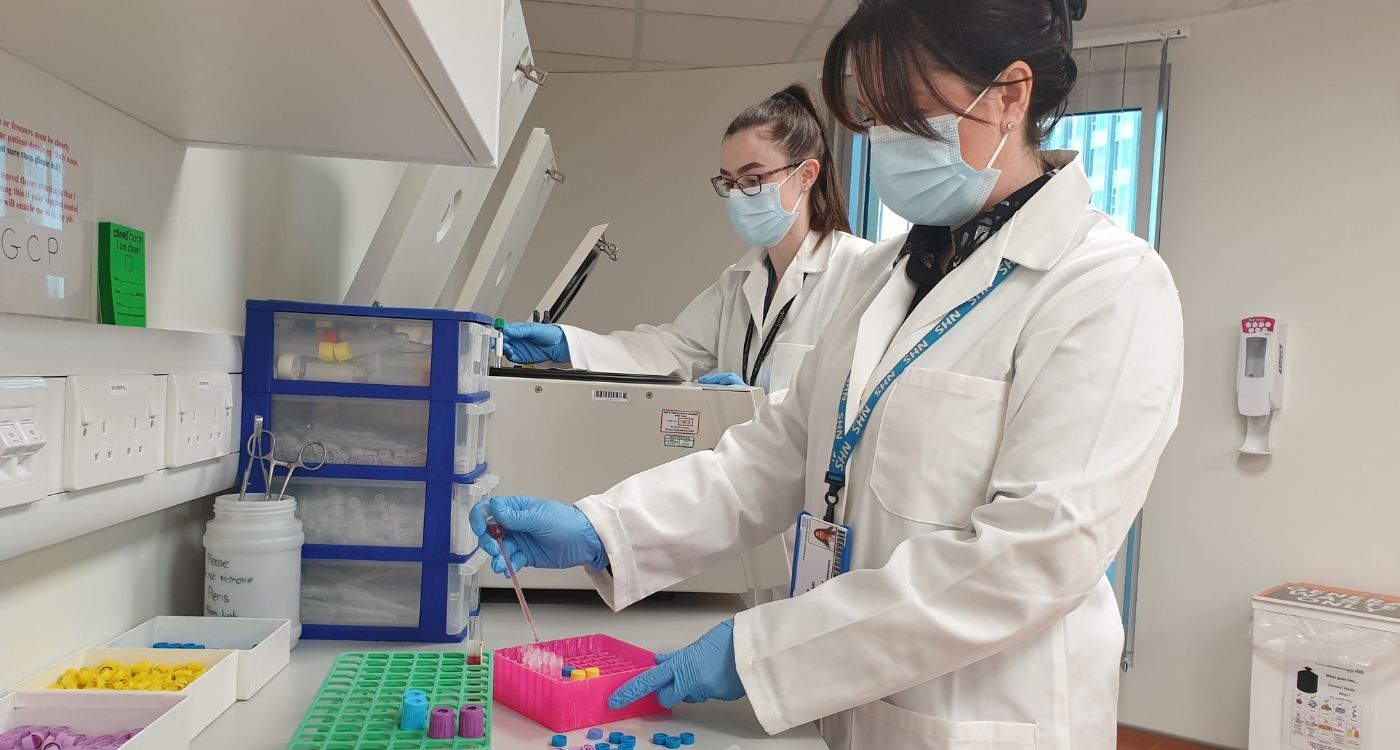

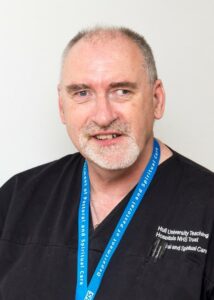


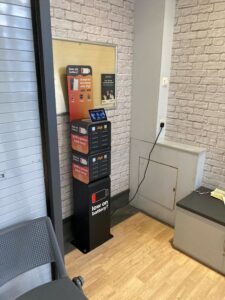 Hull University Teaching Hospitals (HUTH) has teamed up with phone charging company Joos to provide power banks in its Children’s A&E and its Emergency Care Area (ECA) at Hull Royal Infirmary.
Hull University Teaching Hospitals (HUTH) has teamed up with phone charging company Joos to provide power banks in its Children’s A&E and its Emergency Care Area (ECA) at Hull Royal Infirmary.
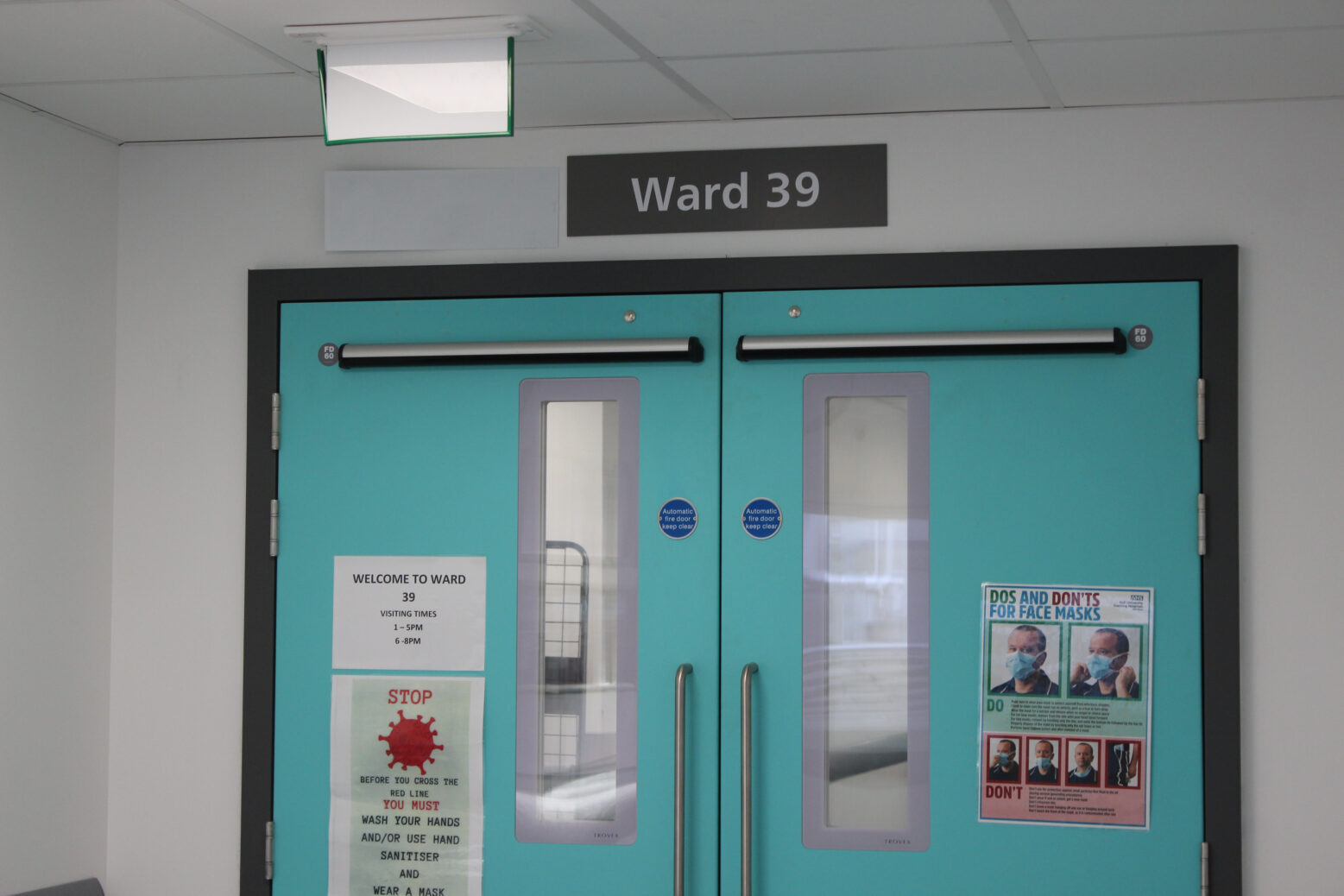
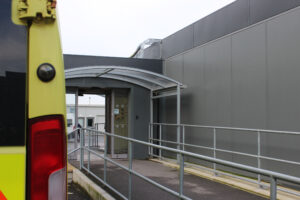 “However, those who require assessment or stabilizing will now go to our new ward under the care of specialist cardiology nurses and cardiologists instead of being transferred by ambulance across the city to Castle Hill.
“However, those who require assessment or stabilizing will now go to our new ward under the care of specialist cardiology nurses and cardiologists instead of being transferred by ambulance across the city to Castle Hill.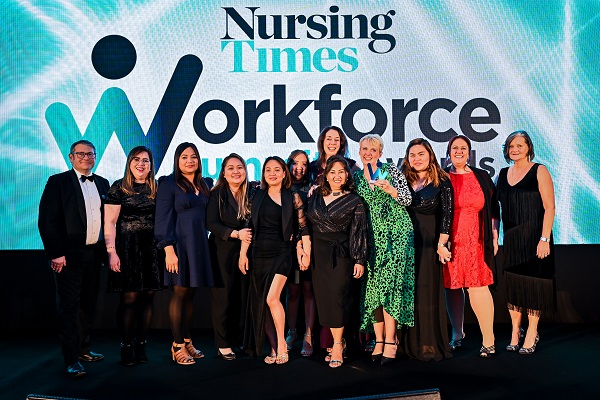
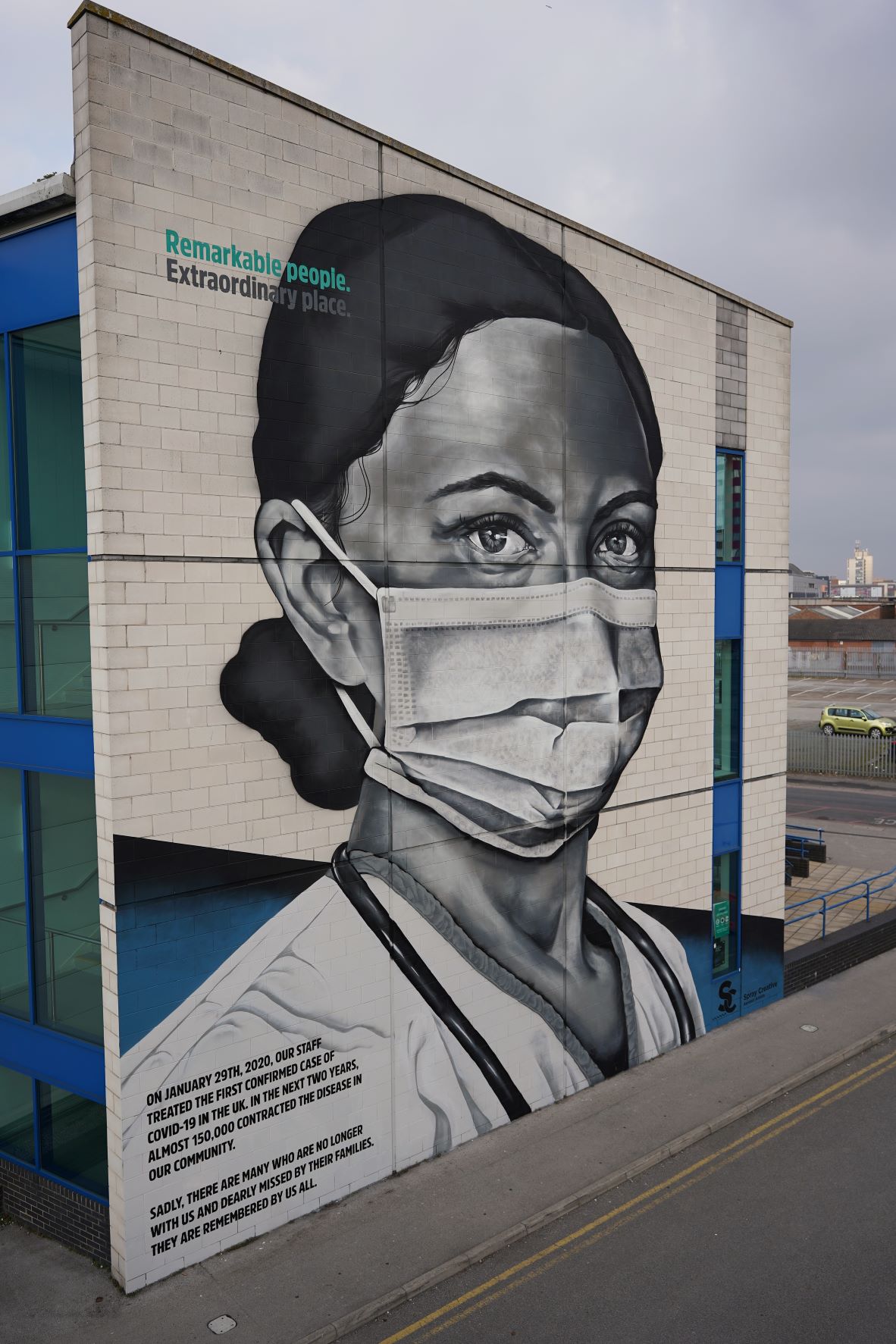
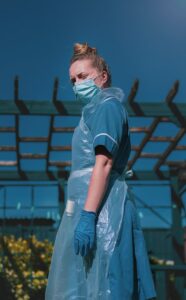 Around 90 per cent of student nurses at the University of Hull now come to work at Hull Royal Infirmary and Castle Hill Hospital since the launch of the campaign five years ago.
Around 90 per cent of student nurses at the University of Hull now come to work at Hull Royal Infirmary and Castle Hill Hospital since the launch of the campaign five years ago.